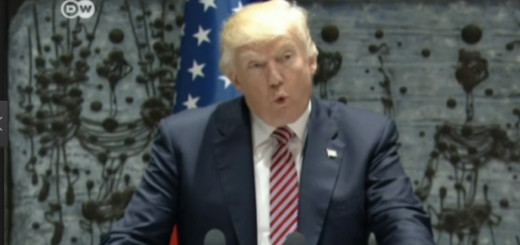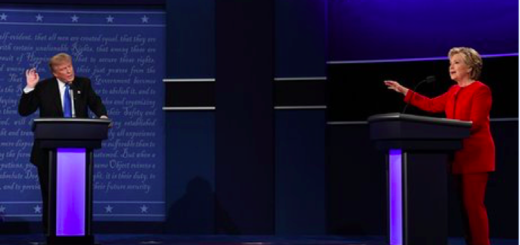Theresa May, An untested leader

Not an elected PM: strength or weakness?
Editorial in The Asian Age, Jul 13, 2016
Mrs May has been thrust as leader not through popular vote in an election, as her predecessor was. This could shrink her elbow room if the going gets tough on the EU front
(Note: For ordinary mortals, David Cameron included, had to sweat it out through electoral process to become the British PM. In the case of Mrs. Theresa, Asian Age editorial sees it as something thrust upon British people by the rude hand of destiny.  We wish to see it as a heaven sent gift: Heavens dropped the prized post into her lap, with no one to say:NO. Will it make her humbler to deserve it – both honour and responsibility? Or will it make her arrogant to make her own undoing? This is the big question before her. We wish her the first option. james kottoor, editor)
We wish to see it as a heaven sent gift: Heavens dropped the prized post into her lap, with no one to say:NO. Will it make her humbler to deserve it – both honour and responsibility? Or will it make her arrogant to make her own undoing? This is the big question before her. We wish her the first option. james kottoor, editor)
Theresa May, the British home secretary, is a child of history. The post of Prime Minister has literally fallen into her lap with potential rivals withdrawing from the race, leaving her the uncontested leader of the Conservative Party in Parliament. Nevertheless, she stepped into 10, Downing Street on Wednesday at a difficult moment.
Since she takes over from David Cameron, a strong supporter of Britain remaining in the EU while the country voted in the June 23 referendum to leave, she will be called upon to get Britain the best possible deal in the disengagement negotiations to give effect to the Brexit vote. She herself was with Mr Cameron in the “Remain” camp, though not vociferously so, but pirouetted effortlessly when the referendum result was revealed, attesting to her acknowledged practical side.
Ms May will now be on test. No home secretary has served longer than she — six years on the trot — in a century. This speaks of her “steeliness”, the ability to get on with it. But her skills at giving political guidance while experts engage in difficult negotiations relating to economy and trade, are an unknown quantity.
The negotiations to cut ties with the EU will have a strong immigration dimension since the Brexit vote appeared to hinge on this factor. As home secretary, Ms May did not succeed in slashing immigration to meet the target — no more than 100,000 in a year — set by her government. So, will she now have a point to prove, particularly in the context of non-EU immigration?
There could be an Indian angle here. Three years ago, as home secretary, Ms May had brought India into the list of countries whose visa-seekers to UK were required to cough up £3,000 as deposit (to be returned when they left for home). This created resentments but the regulation was withdrawn. Under her, permission to take up post-study jobs for limited periods for non-EU students (including Indians) in order to be able to repay student loans was also ended.
Once firmly outside the EU, Ms May’s Britain will have to look for good bilateral economic and trade relations with large economies such as India and China. It is to be seen if this has an impact on the UK’s immigration policies and regulations.
Ms May has been thrust as leader not through popular vote in an election, as her predecessor was. This could shrink her elbow room if the going gets tough on the EU front or in relation to Scotland whose leaders wish to remain in the EU despite Brexit and are threatening to secede from the UK, if necessary, to fulfil that aim. But for now the incoming PM is on a safe wicket.
















